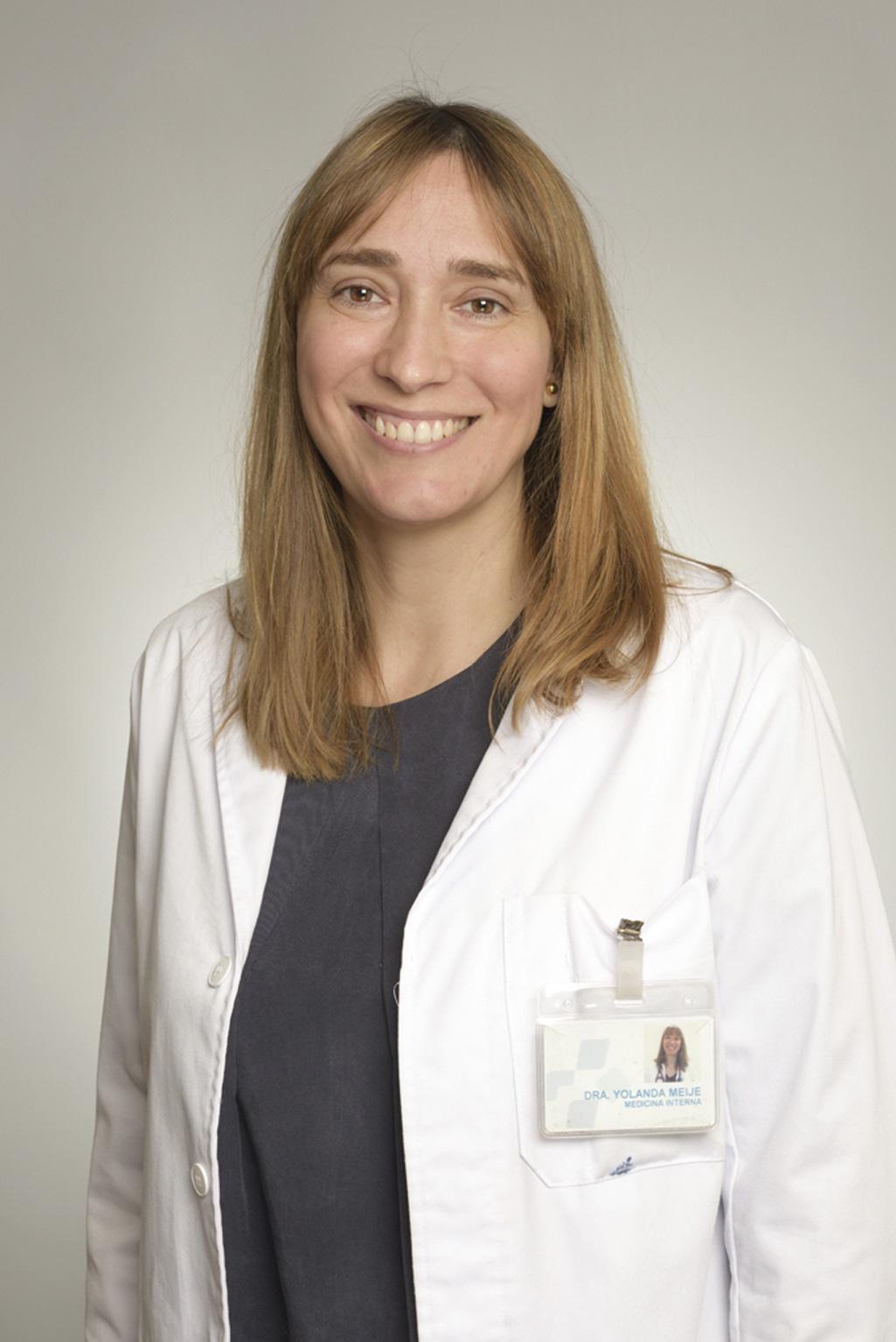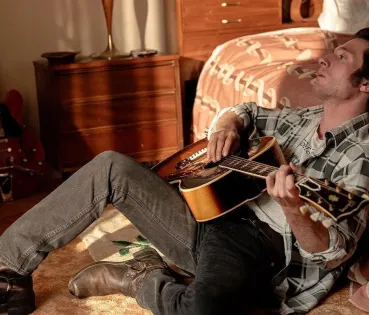
“We lived at the very limits of our physical and mental possibilities”
Doctor Yolanda Meije, Head of the Internal Medicine Service at the Hospital de Barcelona wrote a diary of the healthcare crisis from the first notification, on the 31st of December, 2019 of the existence of an important number of cases of pneumonia with unknown causes in Wuhan. On the 7th of January, 2020 the virus was identified as a new coronavirus, the SARS-CoV2 and during this month, the cases started to multiply.
A few days later, the group from the Infectious Diseases Commission of the Hospital de Barcelona had already given two informative talks. Little was known about the virus at that point, just the background of the other six coronaviruses that affected humans and some of the symptoms that it caused. “At that point, nothing made us think that this problem could also become ours, and even less, to the extent that we later suffered from it,” Doctor Meije explained.
Isolation
But with the escalation of cases in China and the leap of the virus to Italy, the decision was made at the Hospital de Barcelona to “isolate all patients who were admitted with respiratory symptoms until an infection by SARS-CoV2 could be ruled out. The concern about a hospital outbreak made us take a step that at that time no hospital was doing and that later allowed us to avoid a greater number of cases amongst the healthcare personnel,” Meije acknowledges. Additionally, a scientific committee was created to tackle the problem of the epidemic and the first protocol for isolation and handling of Covid-19 patients was carried out in the hospital. This protocol had 12 different versions between March and April.
On the 7th of March the first case of Covid-19 was admitted to the hospital’s ICU and “over the following days we had a real tidal wave of patients,” with 40 admittances per day. The centre became a Covid hospital “and on a single day we had up to 200 patients in the hospital,” the doctor recalls.
“During those days we didn’t even have time to think about, or understand what was happening; we didn’t live in the present, we lived in the minute. Every day was harder than the day before and we lived to the limits of our physical and mental possibilities,” Meije states. The hospital was reorganised and the Internal Medicine Service asked for the collaboration of doctors from different areas and specialities from the hospital and from Assistència Sanitària.
Solidarity
For Dr. Meije, “the hardest thing was to see patients suffering. Our parents, grandparents were represented there, people who had always cared for us and now they were there, alone, vulnerable, facing up to something for which nobody was prepared.” And in spite of everything, the fact that everyone came together to face up to the situation stands out. “The solidarity amongst colleagues from all over the hospital during those days is something that we are never going to forget. There was a continuous feeling that varied between weeping and gratitude that is difficult to explain and there was something which, above all, kept us going and carried us along through the extreme exhaustion: the absolute need to believe in the magic that, without knowing how or in which way, we would come out of this together.”




